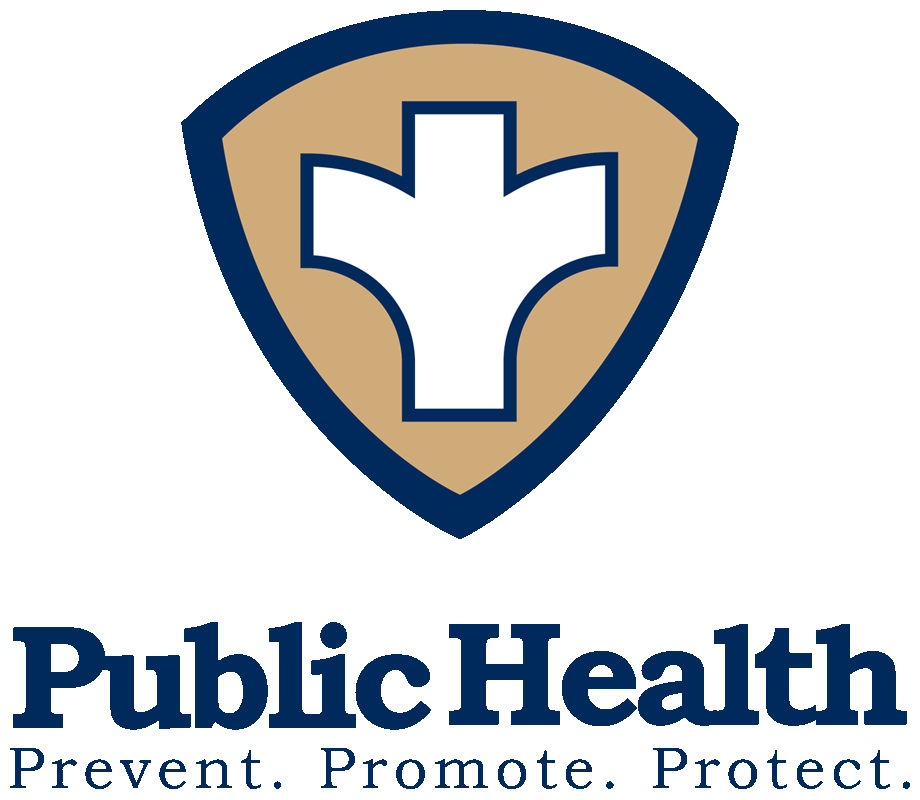Certified Breastfeeding Consultant on WIC Staff
Breastfeeding is a complex process that can be a frustration for new moms, but now WIC clients of North Central Public Health District have a certified breastfeeding expert in their corner.
Janna Hughitt, a WIC Certifier for NCPHD, recently obtained her certification as an International Board Certified Lactation Consultant. That means she has received robust hands-on training and education in evidence-based breastfeeding management and passed an exam to gain the credential.
Janna Hughitt
The WIC program is a supplemental nutrition program for low-income women, infants and children up to age 5. NCPHD has 670 clients enrolled in the program.
With the certification, she is qualified to work directly with breastfeeding families and manage a wide range of breastfeeding problems.
Instead of having to refer clients to a lactation consultant – she knows of only two in The Dalles – she can continue “to work with those WIC participants that we’ve created those relationships with.”
Hughitt already had a wealth of experience before completing the 95-hour training course for the certification. She worked for almost 15 years as a CNA in the labor and delivery department at Mid-Columbia Medical Center (Now called Adventist Health Columbia Gorge).
There, Hughitt said she learned “how to help moms breastfeed. I found it really rewarding to be able to take that time and help them learn different tricks or share ideas so they could breastfeed.”
Certification requirements included college-level health science courses, and clinical experience as a hands-on lactation educator. The certification is uncommon in our region, and Hughitt knows of only two others in The Dalles who have it.
Breastfeeding offers “huge benefits” to both mom and baby, Hughitt said. For moms, it lowers the risk of certain cancers, helps new mothers have a quicker recovery from childbirth with less postpartum bleeding, and helps lower the risk for postpartum depression, if breastfeeding is going well and the mother feels well supported.
Breastmilk is best for baby. It is easier to digest, passes antibodies along that help boost immunity, protects against infection and carries important nutrients to baby that formula cannot provide.
But breastfeeding is “highly complex” and can be challenging, Hughitt said. “It doesn’t always just magically work out because it’s ‘natural,’” she said. For example, a baby can latch onto the breast and start sucking, but there are factors of whether it is comfortable for mom, and whether it effectively moves the milk out of the breast.
“Not all breasts are the same. Nipples are all different. Some of that anatomy can become a barrier or an additional challenge to them being able to successfully breastfeed. So we troubleshoot with them,” Hughitt said.
"As a lactation consultant, I support and promote breastfeeding to help women be as successful as possible,”Hughitt said. “However, I also understand there are times when formula may be needed. You have to consider a lot of factors, and that includes the mental and emotional health of the mom if breastfeeding is challenging."
She can help moms expect growth spurts every 4-6 weeks, which brings more feedings. “That can make mom think her milk supply is dropping off, but it’s actually increasing to meet demand,” Hughitt said.
For more information, please contact North Central Public Health District at (541) 506-2600, visit us on the web at www.ncphd.org or find us on Facebook.)

